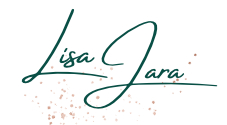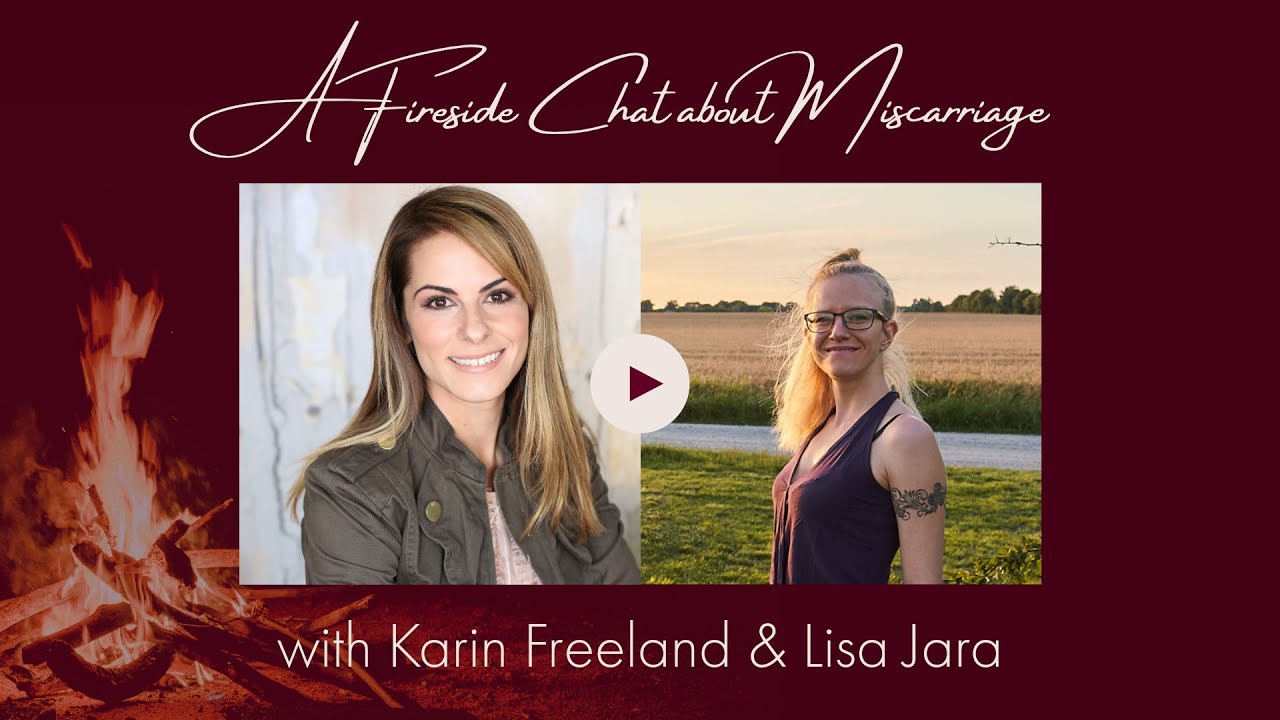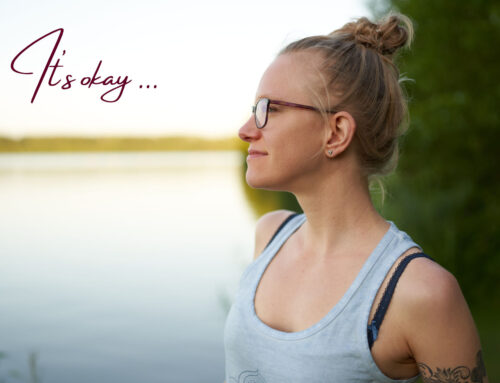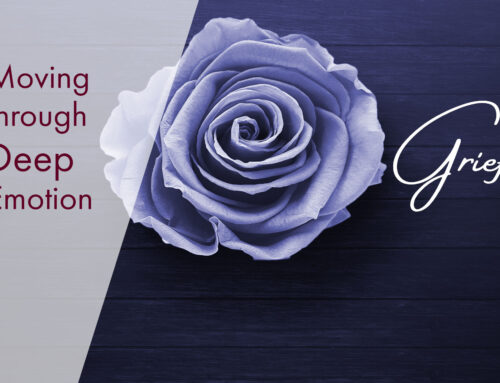It wasn’t until a few years ago, when a close friend experienced a miscarriage, that I started paying attention to this topic. And what I found peculiar was that whenever I brought that topic up in a conversation with other women, they would almost always say either “I experienced that, too.” or “A friend of mine, too.”
Why is it that this depressing, yet universal topic isn’t really addressed and talked about?
Why do women and birthing people often look for the fault in themselves, stop trusting their body (if they ever trusted it in the first place) and think they have to “be the strong one” and go through it alone?
Why do they believe they have to carry the emotional and mental load, for themselves and their partner, and don’t feel safe enough to ask someone for support through their grieving process?
A note in advance
First off, I want to say that I haven’t had a miscarriage myself (yet), and in case you’ve gone through this experience and anything I say sounds harmful or dismissive to you, please send me a message and call me out on it!
My intention is neither to downplay nor to sensationalise this topic, but to raise awareness that it is unfortunately part of our human experience, so that those who move through it as well as their partners feel safe enough to confide in someone and get the support they need or crave.
The unavoidability of pain
Unfortunately, as much as we’d like for things to be different, the risk of a miscarriage is unavoidable. It’s the body’s way of ending a pregnancy that has no chance of success – be it due to ectopic pregnancy (nesting outside of the uterus), genetic preconditions that lead to a foetus not being able to survive outside of the parent’s womb, or sometimes even when the pregnant person doesn’t wholeheartedly want the child.
Nevertheless, this experience can be extremely painful (physically, emotionally, mentally, spiritually) and soul-crushing. And it happens in about 20-30% of recorded pregnancies, depending on the statistics you look at.
And there is probably an even higher number of unrecorded cases, since sometimes the miscarriage happens within the first few weeks and people mistake it for a normal menstrual bleed, albeit with extra clotting.
So if this is such a universal experience, why does it seem to be wrapped in silence?
Why don’t we talk about it?
As much as I’d love to give an answer, I can but muse on the Why.
I guess part of it is simply because it’s a very personal experience that we won’t just share with anybody. Which is of course completely fine, and everybody has their own way of grieving and moving through life’s challenges.
But I also believe it’s deeper than that. Our society is almost grief-averse, or pain-averse, trying to brush these experiences under the carpet, as if that would make them go away. So many have grown up not knowing how to be with or move through difficult and intense emotions like grief, anger, confusion, frustration or sadness.
It’s easier to make expressing these emotions wrong. Angry women aren’t taken seriously and instead asked if they have their period. Men showing their fears and vulnerability are called “weak” or “unmanly”. And this is just to name the two most common gender-based clichés that we can still see happening on this planet every day.
And people breaking into tears in the middle of an important meeting, because they’ve lost their baby? Probably called “unprofessional” and “emotionally unstable”. Asked to “please get a grip on themselves” …
So there’s already all this stigma around expressing the more difficult aspects of our shared humanness floating around in the ether.
No wonder people feel so alone in their situation …
Support when there are no words …
And maybe we don’t talk about it, because in those moments there simply are no words. And I don’t know many people who know how to hold space for someone when there aren’t.
Going through such an experience, you often don’t know who you can turn to, who can really be there for you. Not trying to “make you feel better”, but being present with the heaviness of the situation.
We live in a society that prefers us to numb out (through overworking, alcohol, drugs, endless partying, binge-eating, binge-watching, shopping, scrolling, gaming or any other form of consuming something) instead of facing our difficult emotions and learning how to be with and move through them. So we haven’t been prepared to simply hold space for someone in their grief.
I know most people mean well, but I sometimes wonder if they actually think before they speak and consider what it must feel like to be on the receiving end before reiterating platitudes like “At least you know you can get pregnant.”, “I’m sure the baby is in a better place.” or “You have to let it go and move forward – for your family!”
And I don’t want to sound as if I’m morally superior – I’ve uttered my fair share of platitudes in my life, before becoming aware of how crushing they can sound to the other person.
I’ve found that often these phrases serve a very selfish purpose – I want to make the other person feel better, not for the sake of them feeling better (not even considering that might not be what they want to have happen in that moment), but for the sake of me not having to bear their suffering.
Think about it:
It’s hard to see someone else suffer and to feel absolutely powerless about it, especially when it’s a loved one. It reminds us of our own vulnerability.
So instead of feeling our own feelings, we try to take back control by taking action, trying to “make things right”, by saying something – anything.
But we can’t make it right, nor is it our job to do so.
And there aren’t that many people who know how to accept this and be humble in the face of their own vulnerability. To set aside their own need for resolution, in order to witness the other in their misery, holding an open and supportive space for them.
So if you want to support a grieving person, but don’t know what to say, be open about it. “Words fail me, but I’m here for you.”
(You’ll find some more ideas in this conversation I had with Heidi Dunstan.)
And if you are grieving and don’t feel like you’ve got people around you who understand, please reach out to me. My friends have been telling me since forever that my greatest gift and superpower is that of deep listening, and I’ve supported many clients through hard times over the years.
What can bring a sense of closure and healing
First of all, I want to say that I don’t believe “finding closure” or “healing from the experience” are the goal here! It’s not about moving to a “good state” as fast as possible. The grieving process is unique to every individual and takes as much or as little time as it takes – and that’s okay!
It may come in waves, and while the interval or intensity may (or may not) lessen over time, it’s possible that there will be no “over it”, ever. But allowing yourself to go through the grieving process in your own way will already bring a sense of closure – in its own time.
Living in a world where we are discouraged from showing and expressing our emotions openly and unashamedly, especially in grief, doesn’t exactly contribute to being okay with where we’re at in the moment. But understanding that it is a vital part of the healing process and that you don’t have to go through it all alone, may help.
For some people, talking about the experience, the emotions and the thoughts (with friends, a counsellor, a support group) can already make a huge difference, because they don’t have to try and keep everything stuffed down and hide parts of themselves, therefore feeling less alone.
The most important step here (in my not-so-humble-opinion), is to open yourself up to your partner, being honest about the emotions and thoughts running through you, or admitting if you feel completely numb right now.
Because you’re both going through this horrible experience, each one in their own way, and without open and honest communication it can sometimes feel like there’s this nebulous shadow hanging in the air between the two of you, which can lead to estrangement.
And then also, I know the strong healing powers of ritual.
Human beings of all ages have used ritual and ceremony to mark important events, such as coming-of-age, parenthood, becoming an elder and death. It is a moment of connection with the fragility and power of our human experience, as well as connecting with something greater than us that’s bearing witness.
Naming your baby can feel powerful in this process, so it doesn’t stay this vague and nebulous “thing that happened”, but you can form a connection with the human that has left their physical form. Because I believe it is still very much part of your family and with you in spirit.
In some countries you can even have it registered at the civil registry office.
Another (or additional) way is to bury your baby, or bury something that reminds you of it, or simply plant a tree or plant that you can go to for remembrance, if that feels supportive.
A Fireside Chat about Miscarriage
I believe we need to hear these stories out in the open for women and birthing people to understand that while it’s a horrible and traumatising experience, you don’t have to go through it alone.
It’s okay to feel shattered and heartbroken. It’s okay to feel nothing for a while. It’s okay to break into tears unexpectedly and without warning. It’s okay if you don’t want to see anybody. It’s okay to ask for support – not to make it better, just to be with you.
And I’m beyond grateful that my guest Karin Freeland is brave and shares with us her experience and healing journey of finding a sense of closure for herself, and her family.
She leaves us with this encouraging message:
Speak up, trust your intuition, believe in yourself because you know more about your bodies than you even realize you know!








